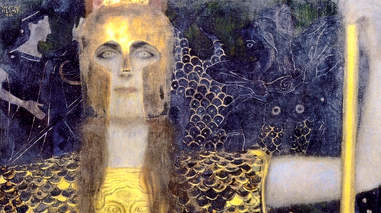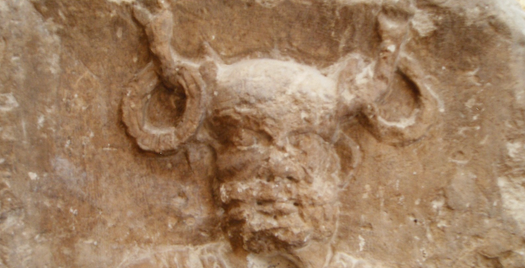The Olympian gods are well known to most people in the Western world. A lesser-known deity is Theia. Theia is the primordial Greek goddess of light. She was considered one of the Titans. She is said to have been the wife of Hyperion, Titan-god of the sun, and to have given birth to Helios, the primary Greek god of the sun, Selene, goddess of the moon, and Eos, goddess of the dawn. She was also a goddess of sight and wisdom. Although she appears to have faded as a prominent deity among the ancient Greeks, her offspring likely influenced the development of Apollo and Artemis. Her legacy lives on today, in that light and understanding are still coupled in the Western mind. Also, Theia is the name for a hypothetical proto-planetary body which collided with Earth to form the moon in the early history of the solar system.
Mythological Background
Understanding the role of Theia requires understanding her mythological background. Like all cultures, the ancient Greeks originally understood the world through myths. Myths are stories which explain the meaning of the world more than they describe the mechanisms of natural processes which shape the world. This is what makes mythology different from science.
Sotheby’s: Rare pink diamond worth $35 million on auction – See video and photos
Science deals with descriptions of mechanisms by which the world operates. Mythology is about what the world means for human life. This is not to say that science is not also a mythology in some sense. This is also not to say that the ancients did not practice science in some sense, there is some overlap. Nonetheless, the way we arrive at the scientific story of the world differs from the way the ancients arrived at the mythological story of the world.
Read more: Ancient Origins





































